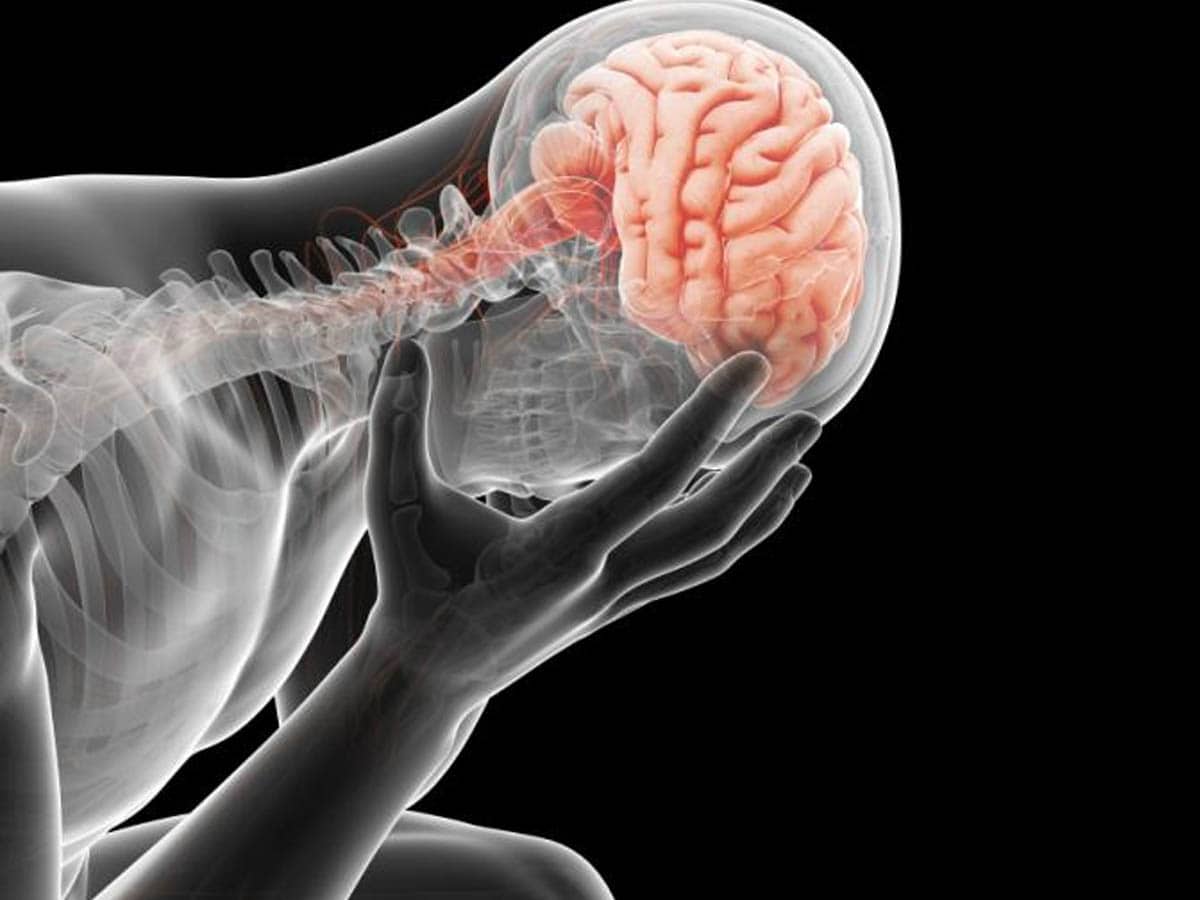
New York: Scientists have, in a new research, located immature cells in the central nervous system that could shed light on the causes of neurodegenerative diseases like multiple sclerosis and allow for the development of better therapeutic treatments.
Multiple sclerosis is an autoimmune disease that affects the brain and nervous system.
The study, led by researchers at the Rutgers University in the US, looked at cells known as oligodendrocytes in the brain and spinal cord that produce myelin, which protects nerve cells and allows them to work properly.
The team discovered that oligodendrocyte cells in the brain are distinct from oligodendrocytes in the spinal cord in a fundamental way their metabolic processes, the essential chemical reactions that power them, are completely different.
“The cells look identical under a microscope, so everyone assumed they were the same,” said lead author Teresa Wood, Professor at Rutgers.
“We drilled down to see what the cells are doing from a biochemical and molecular biological perspective. And we found they are definitely different.”
This could help researchers find ways to boost, protect or restore myelin production depending on the types of cells they are targeting, Wood said. The findings are published in the journal Cell Reports.
Brain imaging in people with multiple sclerosis often shows lesions – abnormalities in the myelin coating – in the brain or spinal cord. In these cases, the myelin in those areas has disappeared and the oligodendrocytes there also have died off.
A loss of myelin leads to impairments in everything from vision to muscle control. Myelin loss is also seen in brain images of patients with Alzheimer’s disease, autism and schizophrenia, but the causation is not well understood, Wood said.
One hope for treatment lies in locating immature cells laced throughout the central nervous system that will mature into oligodendrocytes to make myelin and repair the lesions. Research into the characteristics of oligodendrocytes, Wood said, is central to this endeavour.
“Understanding the mechanisms regulating the production of myelin will allow us to develop better treatments for neurodegenerative diseases and for repair following injury,” said Wood.



